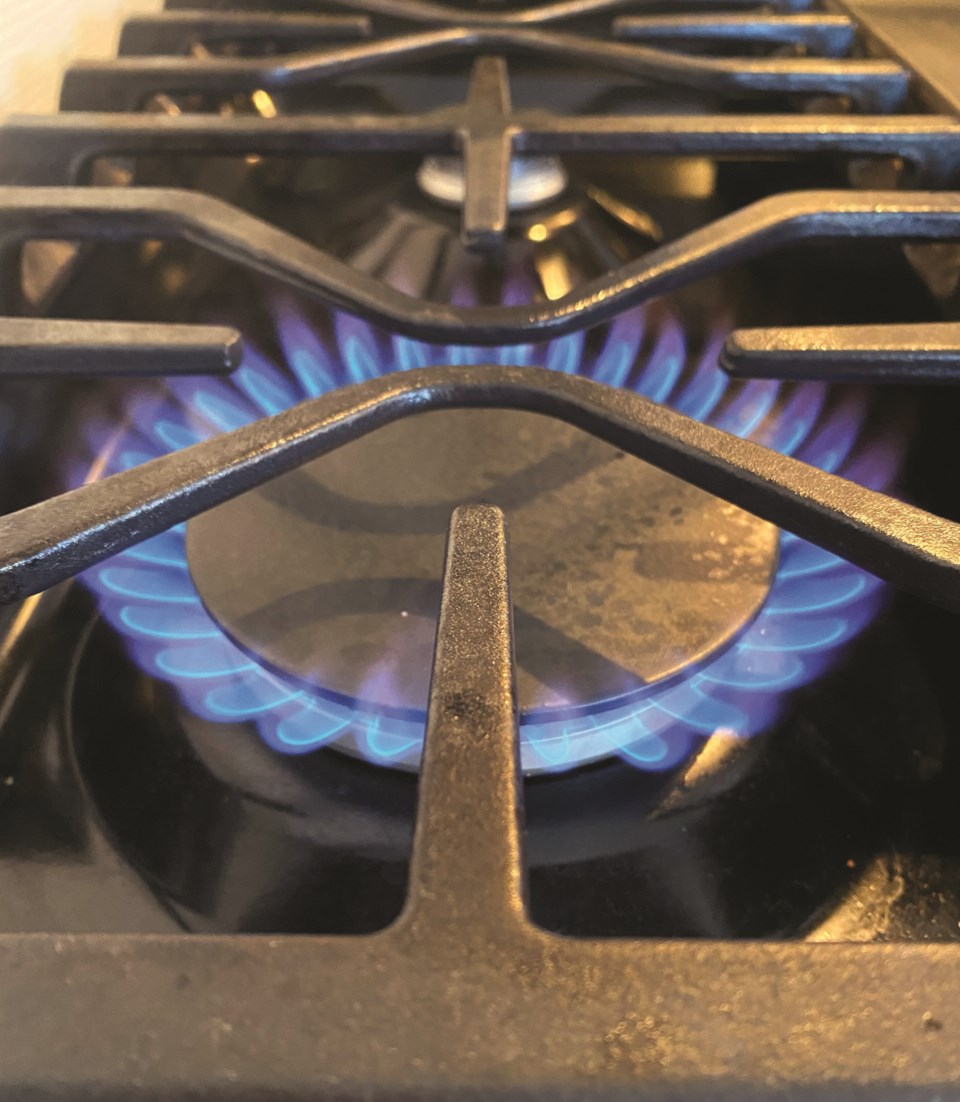Editor's Note, Feb. 27, 2023: This article was edited to clarify that Andrea Stass is Enbridge's external communications and media relations manager, not the Ontario Energy Board's.
Newmarket resident Nikki Soule thought she must have a gas leak after seeing one of her latest natural gas bills.
An approximately $700 bill in December prompted her to call her provider, Enbridge, to no avail. She said her bills during the winter have typically been between $300 to $400 but they have spiked in recent months, adding worriesome budget strain.
“It definitely infuriates me,” she said. “Everything is skyrocketing but wages. How are people surviving? I’m a single parent, and I can’t afford this.”
Some Newmarket and area residents are expressing anger with recent increases to their home heating bills despite using the same amount of gas.
The increases come as Ontario’s energy regulator, the Ontario Energy Board, allowed natural gas price increases throughout 2022, with commodity prices increasing from January to October 2022, before a recent dip in January 2023. The price for Enbridge gas went from 14.5 cents per cubic metre in January 2022 to 27.9 in October 2022, before falling back to 23 cents last month.
Enbridge's external communications and media relations manager, Andrea Stass, said the fluctuations over the past year are based on market price. The Ontario Energy Board does not allow profit on the sale of natural gas, and Stass said the market price increases are passed onto the customer “without markup.”
The Ontario Energy Board adjusts customer rates every three months (January, April, July and October). In increasing prices last October, the regulator cited sustained global demand and “uncertainty in the global energy landscape.” That has changed in more recent months with increased production and lower-than-average temperatures.
“During 2022, we experienced steady increases in market prices related to the conflict in Ukraine and an increase in the demand for North American natural gas,” Stass said. “More recently, however, the market price of natural gas has declined … This is good news at a time when temperatures are at their coldest and customers use the most gas.”
Stass said the most recent rate reduction should amount to about eight per cent over the year.
The larger increases are due to the company’s equal monthly payment plan, Stass said. Estimated yearly natural gas costs spread across 12 payments, calculated based on gas use history, expected gas prices and weather forecasts to estimate a yearly bill. In the twelfth month, Stass said they compare the actual use and cost for the year and either collect or refund the difference.
Some Enbridge customers reported massive bill spikes in the fall, including one Newmarket man with a $4,500 bill who got it reduced to $223 after a fight with the company, with the large bill faulted as “human error.”
Richmond Hill resident Jordan O'Bright said he saw a 47 per cent increase year over year in December, from $146 to $214 despite the same usage.
He questioned the increases and said many companies are taking advantage of inflation to justify charge increases. He said the government could stand to regulate these increases more tightly.
“The government needs to take more responsibility and needs to be more conscientious of what people in Canada need to survive,” he said. “The world’s going through a really difficult time right now."
Newmarket residents also complained about the price increases on social media.
“Ours went up almost $50 this month, and it's never been that high,” one Newmarket resident said on a local Facebook group. “So frustrating.”
Stass said the company cannot control market prices but has taken steps to inform customers about “tips and rebates that can lower energy use, payment plans that make budgeting easier and relief plans for income-eligible customers.”
But O’Bright said those tactics are not necessarily practical to address the increases.
“It doesn’t change what they’re charging,” he said. “Even if you are trying to save energy.”
The government could stand to work with companies to cap the increases, Stoule said.
“It definitely needs to be addressed,” she said. “Make it more affordable for Canadians to survive.”



